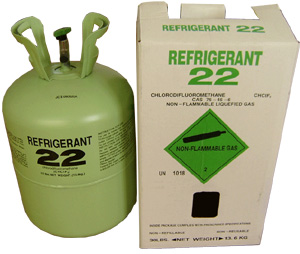 Every summer you can find lots of tips on how to save energy and keep cool at home: Keep the sun out/close all your blinds, use ceiling fans, wear cooler clothes, go to a movie, go to the water park, get your air conditioner serviced, caulk your windows...
Every summer you can find lots of tips on how to save energy and keep cool at home: Keep the sun out/close all your blinds, use ceiling fans, wear cooler clothes, go to a movie, go to the water park, get your air conditioner serviced, caulk your windows... 
It's helpful to remember how the whole cooling thing works in your home. I read expression once: Your air conditioner is the faucet; the building envelope of your home is the cup. If you have a leaky cup, your air conditioner has to work harder. If your AC is already doing all it can, you may need to take a look at your building envelope. Also, to return to the metaphor, a leak in your water pipe may make it impossible to fill up the cup, even it's not leaking much.
Here are three questions to ask as you try to keep cool with an air conditioner that struggles on those really hot days:
- What can I do to reduce the amount of heat getting in?
- What can I do to make my air conditioner more effective?
- What else can I do to keep cool?
1. Keep the sun out. Windows can be the largest contributors to your heat gain. When the sun shines directly into the house, it usually brings a lot of heat. Solar screens on the outside of the window are great for keeping heat out. Consider temporary shading or dark curtains.
2. Seal the strange air leaks. Standard energy-saving advice tells you to caulk your windows and weatherstrip your doors. Don't ignore some of the much bigger leaks, like crawl space vents that may open into conditioned spaces. Look around in your attic or basement and you'll find the worst offenders.
Helping your air conditioner
4. Change your filter.
5. Improve air flow. Dirty air filters aren't the only thing to cause air flow problems. A dirty evaporator coil will prevent air to move across it and your home won't cool off well. If the condenser coil is dirty, it won't dump enough heat to the outside. If your condenser coil is crowded with vegetation or other obstacles, clear it out. You can trim the bushes yourself, but you should probably call a pro to clean the coils.
6. Look for disconnected ducts. If your ducts are outside of the conditioned space in your home, check to see if anything has come loose. Fixing a supply duct that's sending all its cool air to the attic or crawl space (as shown below) can have an immediate impact on your comfort. This problem is more common than you may think.
Other cooling tips
7. Use fans. Yes it's common, but it helps keep air flowing and your comfortable when your AC is working the best it can on those super hot Texas days. If you have empty or rooms your don't use, turn those fans off to help save energy and prevent adding more heat to your home.8. Use a window air conditioner. Yes I know their not the prettiest thing, but if nothing else has helped keep you cool then it may give you that extra cooling you need to get you through the hottest part of summer.
It's always best to have a licensed technician come and do a proper assessment and preventative maintenance checkup at least once a year. Call Supreme Air Service today for an appointment (214) 310-1680.






